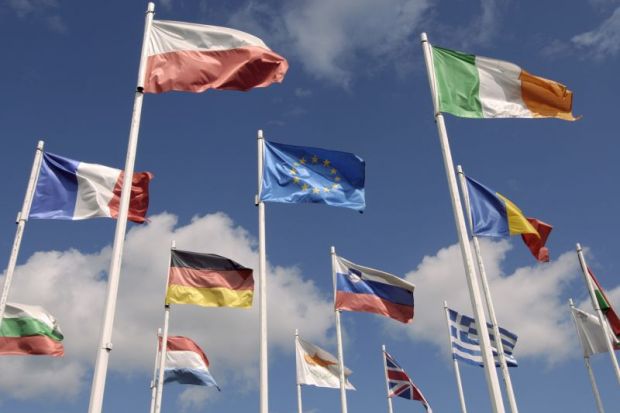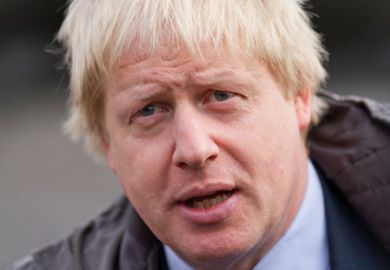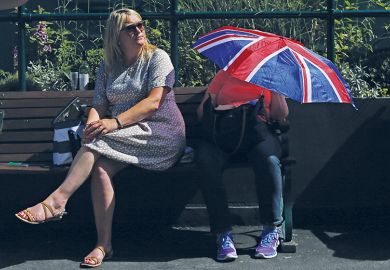Questions over the UK’s future participation in the European Union’s student mobility programme Erasmus+ have been around ever since the country voted to leave the European Union in June 2016. Concerns have now become a lot more real, however, because the majority of MPs have voted against an amendment to the Withdrawal Agreement that was designed to ensure that the government negotiates continuing full membership of the programme. While the government insists that it is committed to Erasmus+, as it stands today participation in the programme is not certain.
Regardless of one’s view on Brexit itself, it is a tragedy that the future participation in Erasmus+ was ever even questioned. The programme is not simply about exchange, but a broad range of opportunities across all sectors of lifelong learning, from school to universities. Opportunities include studying, volunteering and gaining work experience abroad for young people, but also training for staff and collaboration provisions for organisations.
The profound impact of Erasmus is tangible in the many stories of those who have taken part.
I come from as working-class a family as it gets. My father worked in a small factory and my mother left school early and became a curtain maker. I was the first in the family to do my Abitur (German equivalent to A levels) and the first to go to university.
While it would be wrong to say that my family was poor, there would not have been the resources to support me going abroad to study. That is why Erasmus opened a world of opportunities for me because my home university’s history department had an Erasmus exchange with the University of Edinburgh. I was so delighted to be able to go and study there.
Thanks to what initially was a serious error – I turned up in Edinburgh on the first day of the academic year to find that I had not been assigned to any modules – I was allowed to choose whatever I wanted to do so long as I could convince the relevant tutor that I’d be suited to the modules. This was my chance to go for mostly Scottish history modules.
Few other choices have shaped my future more than that.
Because of these Scottish history modules I became interested in the Scots abroad and migration history. Because of that experience I ended up doing my PhD on the Scots in New Zealand and moved there for it. Because of that decision, I got my first academic job in the UK nearly 11 years ago. And because of that, I became a professor in migration and diaspora history.
But it would be wrong to say that the impact of Erasmus was solely about my academic career. Friendships were made and spending my Erasmus year in Edinburgh is one key reason why I consider Scotland my home to this day.
Erasmus has forged deep bonds for many of its participants, from love for the foreign countries where people studied to marriages even. In Paris in 2017 it was exactly these wider bonds that stood out in an exhibit about Erasmus+ that was part of the celebration of the Treaty of Rome. On display in a Paris Metro station were the faces of couples and children: Erasmus families.
It is true, of course, that some will always find ways to continue seizing the kinds of opportunities Erasmus+ offers if the UK really does leave the programme. But there can be no doubt that leaving it would limit who can. Choosing to do that – limit opportunities for young people in particular – would be devastating.
I hope that the government will stick to its word and negotiate continued participation.
As an EU citizen I sadly know, however, that the government’s word means very little these days. That is one reason why I want to end with a plea: that academics and the entire HE sector do all they can to keep the UK in Erasmus+.
Tanja Bueltmann is professor of migration and diaspora history at Northumbria University.
Register to continue
Why register?
- Registration is free and only takes a moment
- Once registered, you can read 3 articles a month
- Sign up for our newsletter
Subscribe
Or subscribe for unlimited access to:
- Unlimited access to news, views, insights & reviews
- Digital editions
- Digital access to THE’s university and college rankings analysis
Already registered or a current subscriber?




